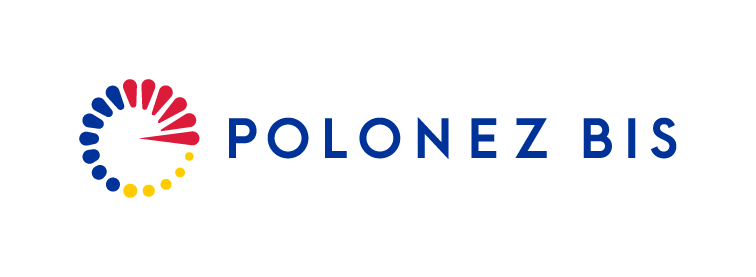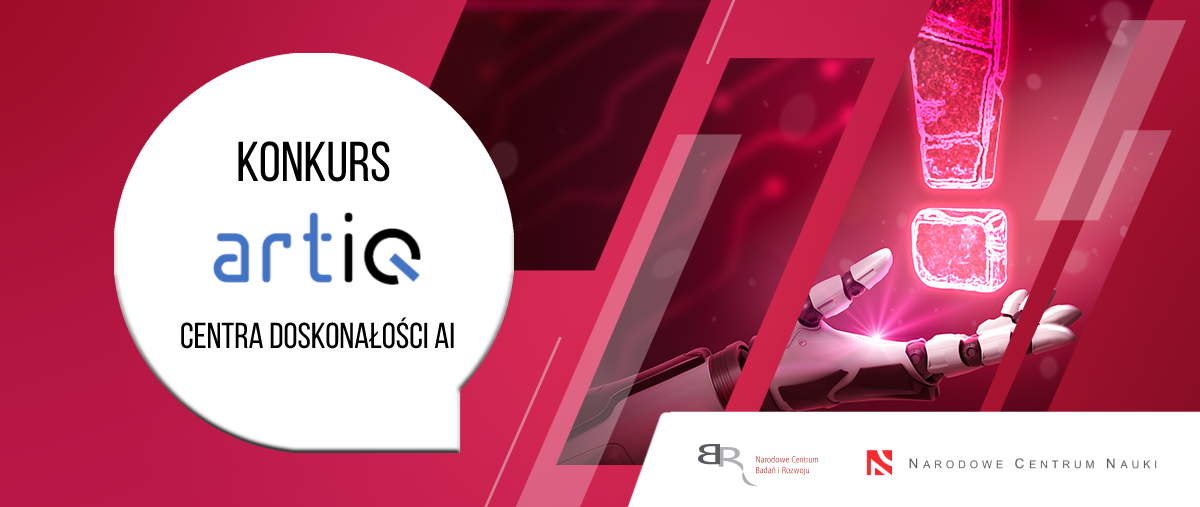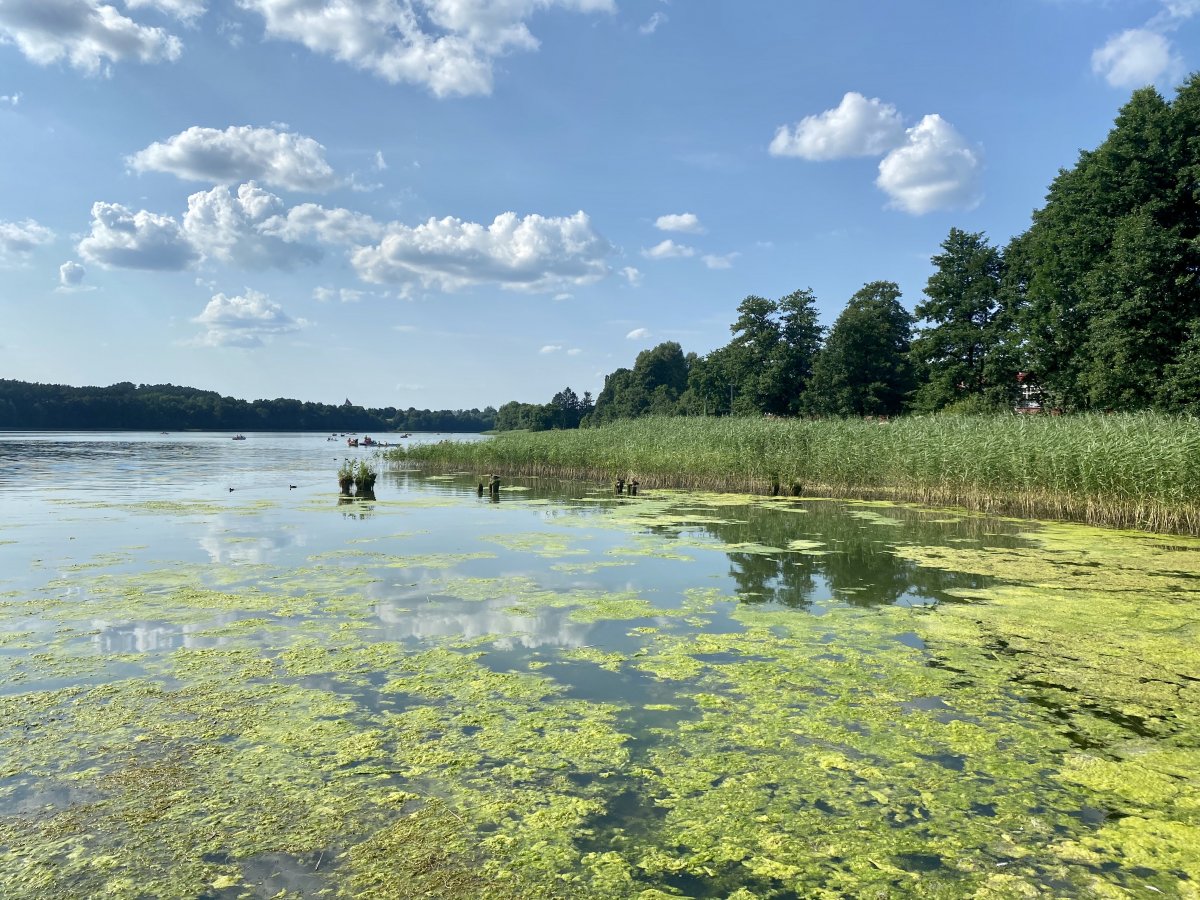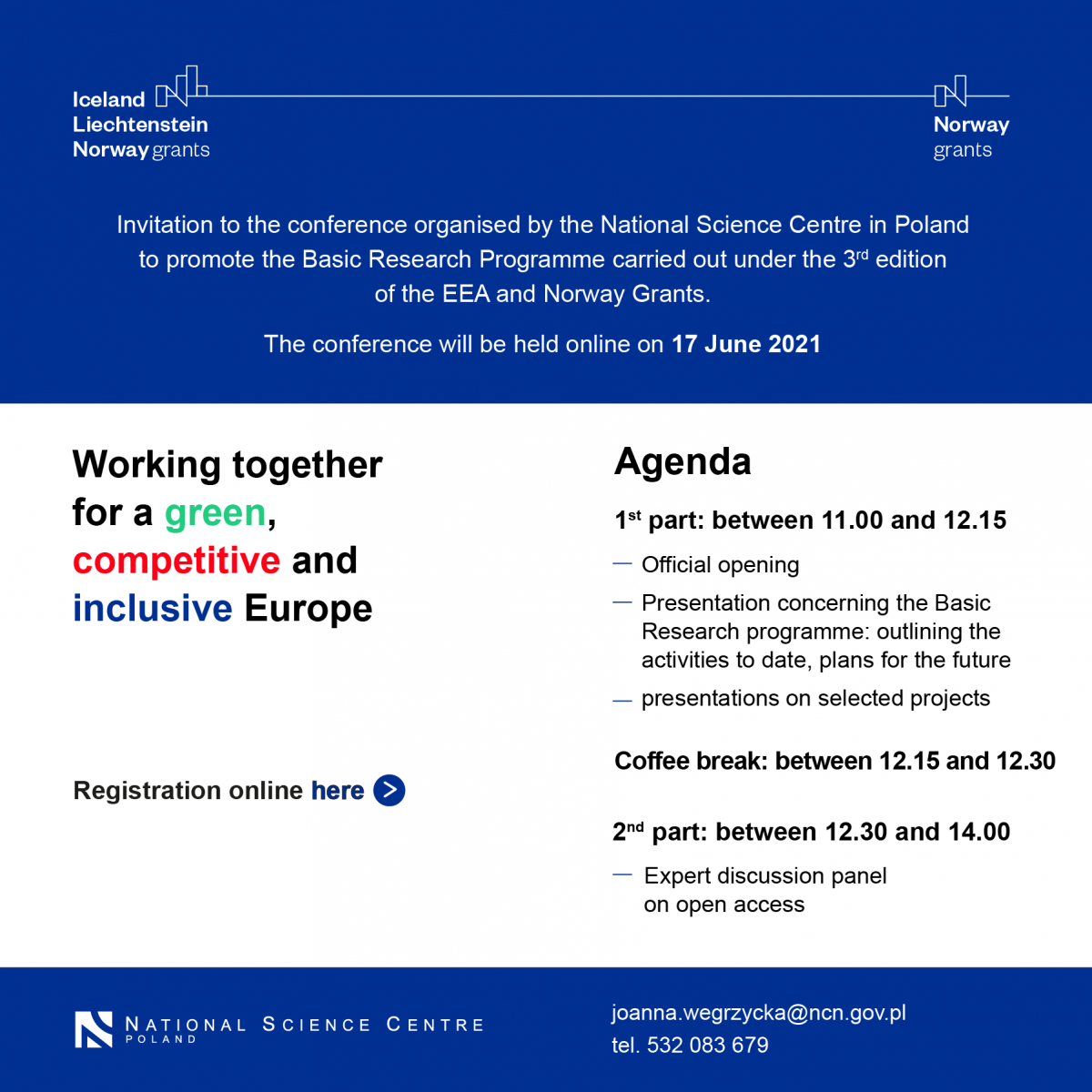
We have just published the guidelines for applicants to the POLONEZ BIS programme. Researchers and institutions interested in the call can also use a special search engine, the POLONEZ BIS Partner Search Tool, to establish direct contacts. Fellows funded in the previous POLONEZ programme encourage everyone to apply.
POLONEZ BIS is much more than just a grant; it is an all-around programme that combines research, secondments at non-academic institutions and soft-skills training courses. In three successive rounds, the NCN will recruit 120 experienced researchers, who will then move to Poland for 24 months to carry out their basic research projects at various public and private institutions. The programme will be supplemented by a series of attractive training courses and cooperation with start-ups and NGOs. Successful applicants can expect to receive attractive financial terms, including an annual salary of 53,500 Euro and a research grant of up to 100,000 Euro.
“If you have an excellent research idea, we encourage you to take part in the call and carry out your research in Poland. It is an opportunity for professional advancement and financial independence, as well as a great chance to create your own team”, says Jolanta Palowska from the NCN’s International Department Cooperation.
POLONEZ BIS is open to applicants who hold a PhD degree or have at least 4 years of full-time research experience, and who have lived or worked outside Poland for at least 2 years within the last three years prior to the call announcement. The choice of subject matter and discipline is up to the applicants, who must submit their proposals jointly with their host institutions in Poland, i.e. their future employers.
POLONEZ BIS - Postdoctoral Fellowships in Poland (movie)
POLONEZ BIS is co-funded by the European Commission and the National Science Centre under the COFUND Marie Skłodowska-Curie COFUND grant. The first call for proposals is scheduled to start on 15 September and last until 15 December. Two more will follow in March and September 2022.
The guidelines for applicants, with a detailed programme description, as well as important information on the proposal submission procedure and the required documents are available online.
POLONEZ BIS Partner Search Tool
Researchers and institutions in search of relevant partners can also fall back on NCN’s POLONEZ BIS Partner Search Tool. Whether you are a researcher planning to come to Poland, a potential host institution, or an institution that offers short secondments, you can create your own user profile. Registered users are asked to fill out a short questionnaire, which is then published in the open-access part of the database.
“Registration in the POLONEZ BIS Partner Search Tool is not a requirement, but we highly recommend it”, emphasises Jolanta Palowska from the NCN, “The more offers in the database, the easier it will be for applicants and institutions to get in touch and start to work together”.
POLONEZ BIS Partner Search Tool
More information about the POLONEZ BIS program
They stayed in Poland
Polonez BIS picks up the recently concluded POLONEZ programme. Three calls, announced in 2015 and 2016, allowed 109 eminent researchers from 28 countries around the globe to be recruited, who were then hired by Polish research institutions for a year or two, created new research teams and won new grants; some stayed in Poland and encourage other researchers to take part in the call.
Before he arrived in Poland, Panagiotis Theodorakis, PhD, had worked at Imperial College in London, the University of Vienna and the Vienna University of Technology, and completed post-doctoral fellowships at the Max Planck Institute and the University of Mainz. At one point, together with his wife, also a researcher, he decided to do his research in Poland. The POLONEZ grant, he says, was a very important factor; even though he would have stayed in Poland anyway, he wouldn’t be able to continue his research without it. Today, he recommends similar programmes to his colleagues from other centres. “Programmes like POLONEZ help to create a really open research community”, he explains. Theodorakis carried out his grant at the Institute of Physics of the Polish Academy of Sciences, where he works to this day. “The institute is a place that attracts many PhD students from other countries; we have a very creative community here”. At present, Theodorakis is also involved in projects under NCN’s SONATA BIS and OPUS calls, researching how to control fluids with surfactants and steer fluid motion with gradient substrates.
Monika Kornacka, PhD, is the Deputy Head of the Department of Psychology at the SWPS University of Social Sciences and Humanities, where she runs an “Emotion Cognition Lab”, which uses mobile applications, VR and AR tools and video-oculography to measure psychological processes and tests them to see how these technologies can be employed in psychological interventions. Previously, she spent more than ten years in France, where she studied at the University of Poitiers and earned her PhD at the University of Lille. During her PhD programme, she also completed a six-month fellowship at the SWPS University. Even though she thought about going back to Poland after her PhD, she wasn’t absolutely sure she would. “In France, I mostly did lab research and clinical psychopathology there placed a growing emphasis on methods that we could call multiple daily sampling, that is, measuring patients’ symptoms on a daily basis with a dedicated app. The lab I joined in Poland was already doing such measurements”, the researcher says. The POLONEZ grant allowed her to assess the equipment available at Polish research centres, find out how to obtain approvals from ethics committees and recruit subjects for her research. After the grant ended, she was given an opportunity to set up her own lab and take on the role of Deputy Head at the SWPS’ Faculty of Psychology. “It’s a university that offers fantastic research opportunities, the right infrastructure and many good researchers to collaborate with”. A good research project and a carefully chosen host lab, according to Kornacka, are the most important elements of any POLONEZ proposal. “Those who picked the right host institution went on to reap real benefits”, she adds. Today, Monika Kornacka is a principal investigator under NCN’s SONATA grant; her project looks into the way in which our thoughts drift away from the task at hand (having our “head in the clouds” and ruminations, i.e. recurrent negative thoughts).





